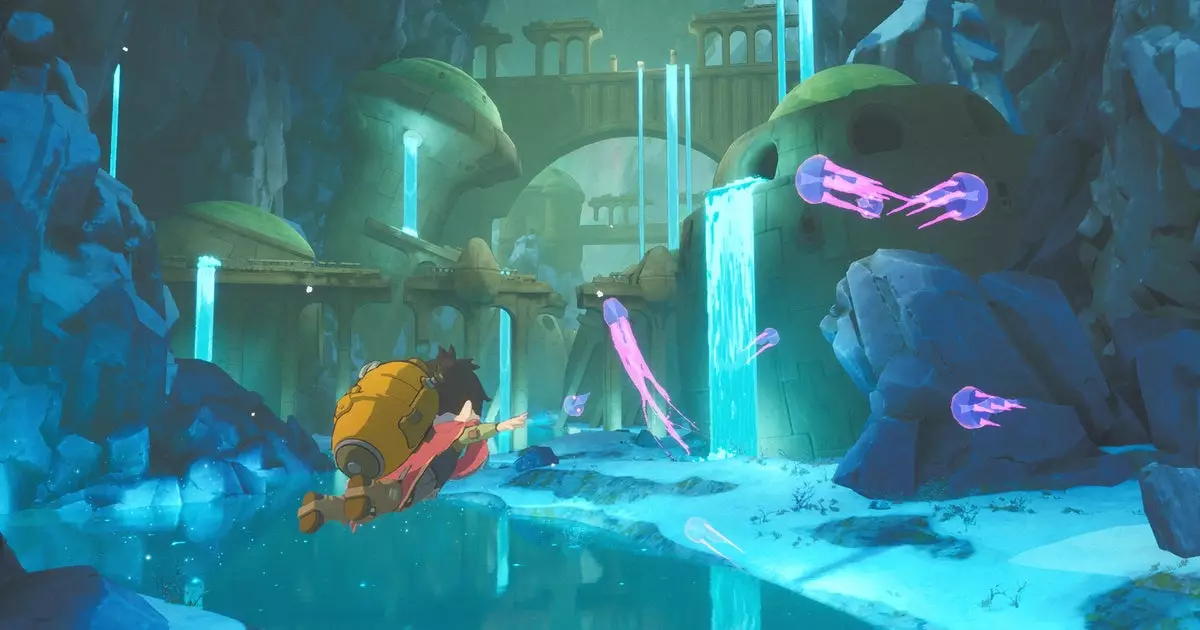Video games have always had an uncanny ability to transport players to different realms, manifesting a sense of wonder akin to that experienced in beloved animated classics. One such new endeavor is the game “Europa,” which seeks to channel the essence of Studio Ghibli’s renowned artistry in a gaming format. Much like popular films such as “Aliens” and “Blade Runner” have created entire subgenres within science fiction, Europa aims to carve out its niche by intertwining adventure with puzzle-solving elements, all set against a backdrop reminiscent of Ghibli’s enchanting landscapes.
Europa spans about 3-4 hours of gameplay and invites players to explore a world filled with secrets and puzzles. Central to this narrative is the protagonist Zee, an android character whose journey is not solely one of adventure but also evolution. As players navigate through the sky islands, they will find themselves upgrading Zee’s movement abilities. From scaling heights using a jetpack to achieving the freedom of flight, the physicality and fluidity of movement are core aspects that have evoked praise from early players. Kaan, a player who experienced the demo, noted the satisfying mechanics of mobility that add depth to the explorative gameplay.
Helder Pinto, the creative mind behind Europa, transitioned from his role as an environment artist at Blizzard, working on iconic games such as Overwatch, to develop this project. His journey underlines the notion that creativity can flourish from side projects, enriching the gaming landscape with innovative ideas. The landscapes in Europa vividly depict the serene beauty often associated with Ghibli animation—lush, vibrant greens and expansive blue skies. However, while the visuals are impressive, they also invite scrutiny regarding their depth and whether they carry the same emotional weight prevalent in Ghibli films.
An intriguing aspect of Europa lies in its relationship with established Ghibli tropes. Many games have attempted to capture the Ghibli spirit but often falter by merely replicating its aesthetic without infusing the same depth or narratives that define its films. As seen in popular titles like Ni no Kuni: Wrath Of The White Witch—highlighted for its beautiful animation and memorable score but criticized for lacking genuine thematic resonance—there’s a growing concern among gamers regarding authenticity. The question remains: does Europa rise above the cachet of Ghibli impersonation, or does it merely become another entity lost in its shadow?
Europa beckons players with promises of whimsical adventures and challenges reminiscent of engaging titles like The Legend of Zelda. While some may question the game’s ability to innovate within its genre, the allure of immersing oneself in its vibrant universe, even for a short time, is undeniably enticing. The game promises to be priced reasonably for players eager for a Ghibli-esque experience, fostering a sense of anticipation for its full release. As players prepare to unveil the mysteries of Europa, they may find themselves contemplating not only the puzzles but also the enduring influence of Studio Ghibli within the modern gaming landscape.

